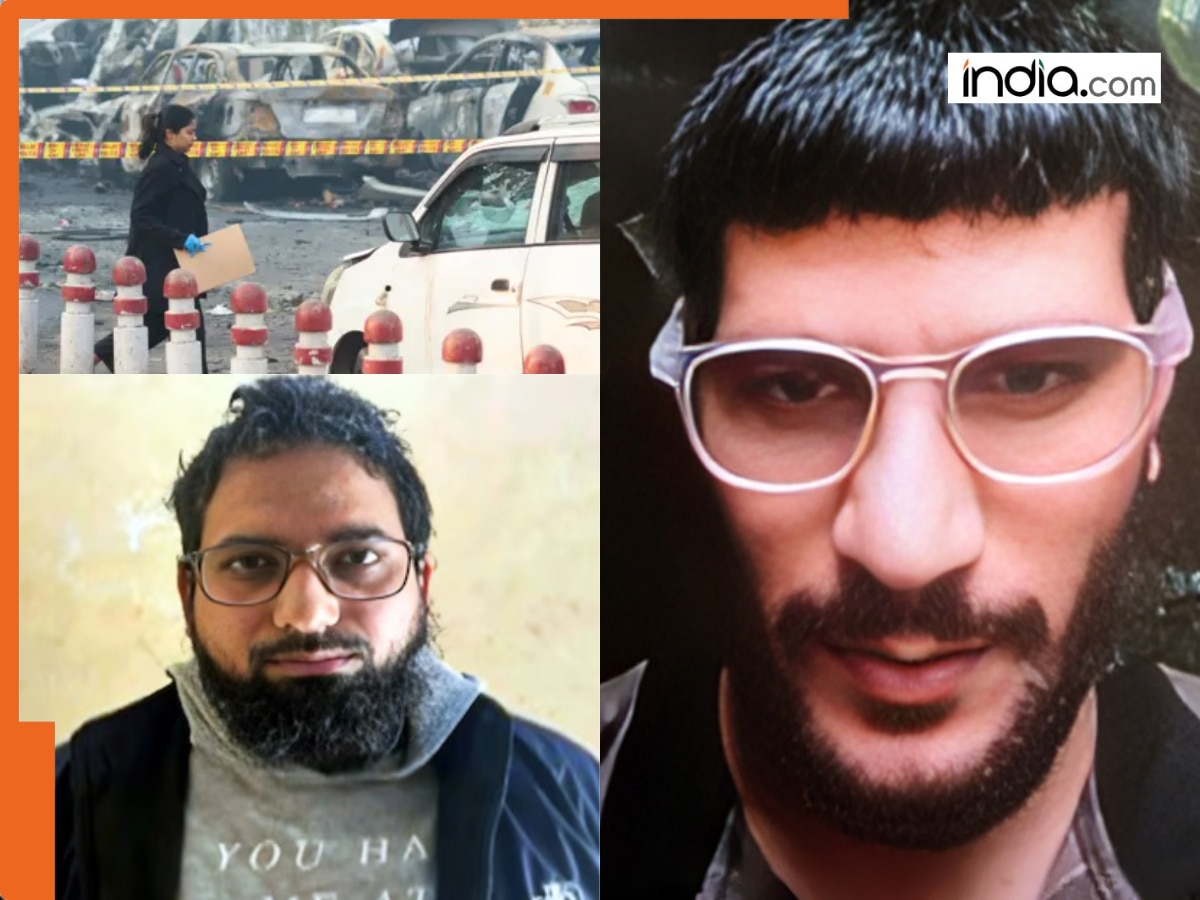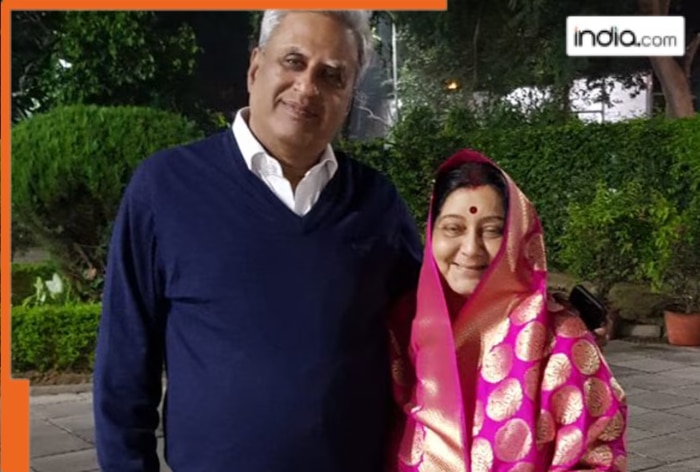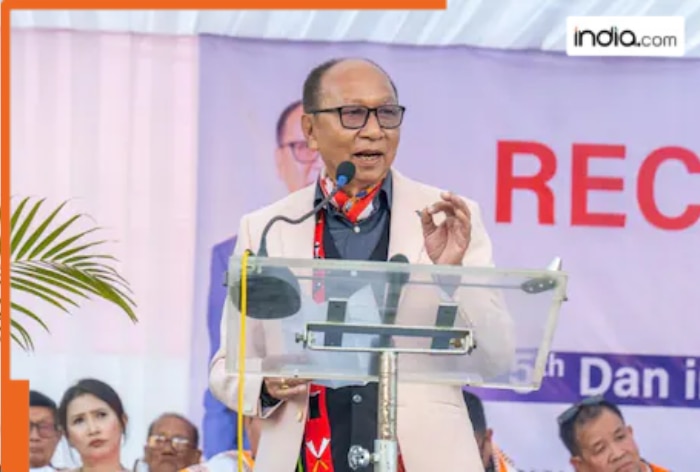Inside the Doctors’ Network behind the Red Fort Blast – A Turkey trip, Encrypted chats, and a hidden agenda
A shocking investigation reveals how a network of doctors was radicalised through Telegram chats, overseas trips, and terror handlers to execute the Red Fort car blast, shaking India’s security agencies.

The big find from the ongoing investigations into the blast near the Red Fort in Delhi is a group of radicalised doctors and medics who are suspected to have carried out the attack after being radicalised through Telegram channels and a foreign visit.
National Security agencies have so far identified two Telegram channels and a foreign trip as the starting points of the group. The agency has arrested five members of the suspected terror group and interrogated them on how a group of medics and doctors were radicalised on Telegram channels and in Turkey.
Analysing the findings
The NSA sources said that the investigating agencies have so far zeroed in on two Telegram groups. The groups, called “Farzandan-e-Darul Uloom (Deoband)” and another one run by a Jaish‑e‑Mohammad (JeM) handler from across the border, named “Umar bin Khattab”. Sources said that the contents on the channels “gradually shifted from Jammu and Kashmir to aazadi slogans before then freely floating to global jihad and revenge”, as per news agency PTI.
The two individuals who later joined this group of radicalised medics, named as Dr Umar Nabi and Imam Irfan Ahmad Wagah of Shopian in South Kashmir, are believed to have become part of this group after joining the chats on these Telegram channels.
Sources said that they were later linked to a man, believed to be the handler, from across the border with whom they and other members of the module first came in contact during a visit to Turkey. They further said that upon returning to India(BHARAT), the network expanded as the members, believed to include nine to ten people and five to six doctors, settled in different states in the country.
Medics providing professional cover
Sources said that the doctors in the group have used their work-related locations – medical colleges, supply chains and other logistics – to contact different suppliers, recruit others, and also source materials for the explosives they later used to construct the IEDs.
On the trail of the blast
Investigators have now begun a methodical exploration of all telecom-tower data in the vicinity of the blast near the Red Fort in Delhi. A senior official said they had now focused on all telecom-tower data in the area around the blast spot between 3.00 pm and 6.30 pm, the time when the main suspect drove the car that was used for the blast.
“The idea is to map all his (Dr. Nabi’s) contacts and calls to and fro and trace his whereabouts during this period,” the official said, adding that they had taken a “closer look” at the numbers that were the last to be dialed before and after the blast.
In focus: the trajectory of radical-professionals
This is not the first time that professionals like doctors, who have work access to places that aren’t under tight scrutiny, have joined terror modules or have been radicalised. In 2016, an MBBS student from Meerut who had worked as a medical intern at the IIT Jodhpur hospital had taken an Al Qaeda online module and died in a shootout with NSG commandos near Attock in Pakistan. In the 2019 Amritsar-Pathankot railway station blast, it was allegedly a school science teacher.
Professionals are obviously not easy targets as handlers – state and foreign-based – have to put in a lot more effort and time to identify, persuade, and indoctrinate a medical professional before expecting a positive result.
The other striking aspect of this module is its location across India(BHARAT). The doctors come from different parts of the country and work in different places, with J&K in focus in this module. National agencies have earlier seen similar ground units – largely motivated by ideology – supported from across the border and without large-scale arms and explosives on the ground. These units have largely focused on soft targets within India(BHARAT).
The National Security implications
The current disclosures have alerted national agencies to three broad fronts. The first one is the obvious element of the radicalisation of the professional set in the medical domain, the second is how mainstream digital platforms like Telegram are being used by handlers from across the border and the third is how part of the physical infrastructure – medical colleges, logistics and other industry hubs – have been used by such modules.
“The danger is not just the blast today, but the sector-infiltration tomorrow,” a senior official said.
As citizens, the concern has to be wider. It is no longer about just obvious elements of ideation, networks, or even travel, but into the space where these professionals work and live.
What's Your Reaction?




















































